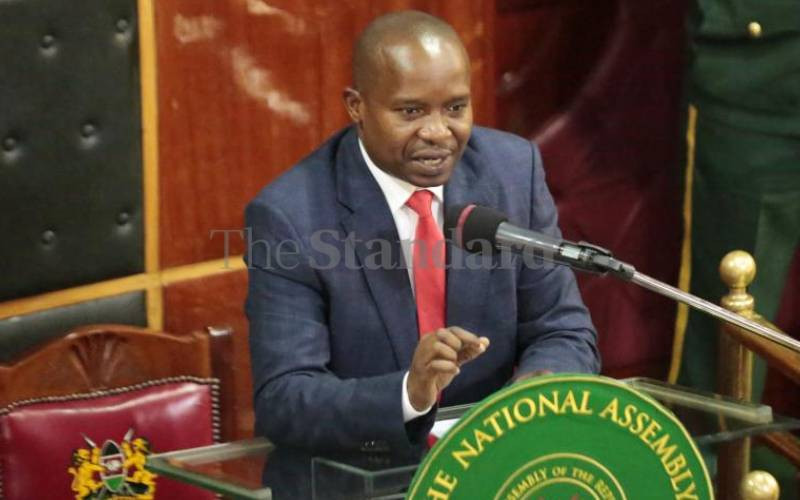×
The Standard e-Paper
Home To Bold Columnists

After a protracted debate inside and outside Parliament, Cabinet Secretaries have began attending question time in the House despite constitutional experts and political analysts questioning the legality of the process.
The sessions finally began after Parliament marshalled enough numbers to amend Section 20 of the National Assembly and 50 of the Senate standing orders.